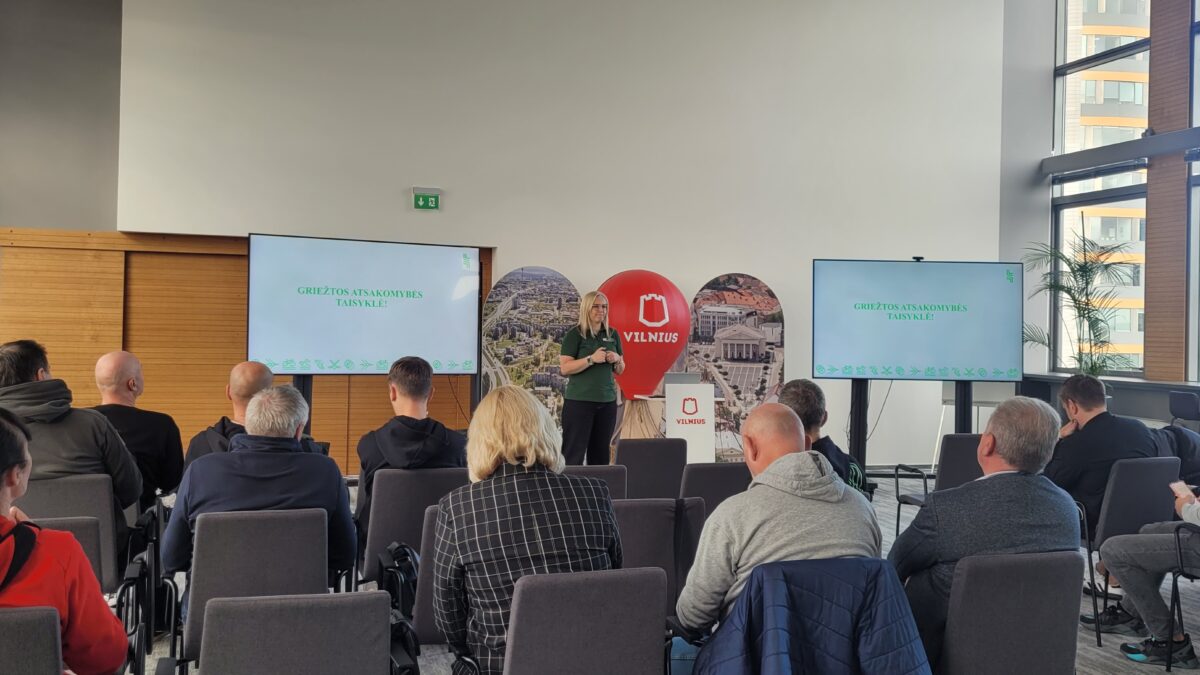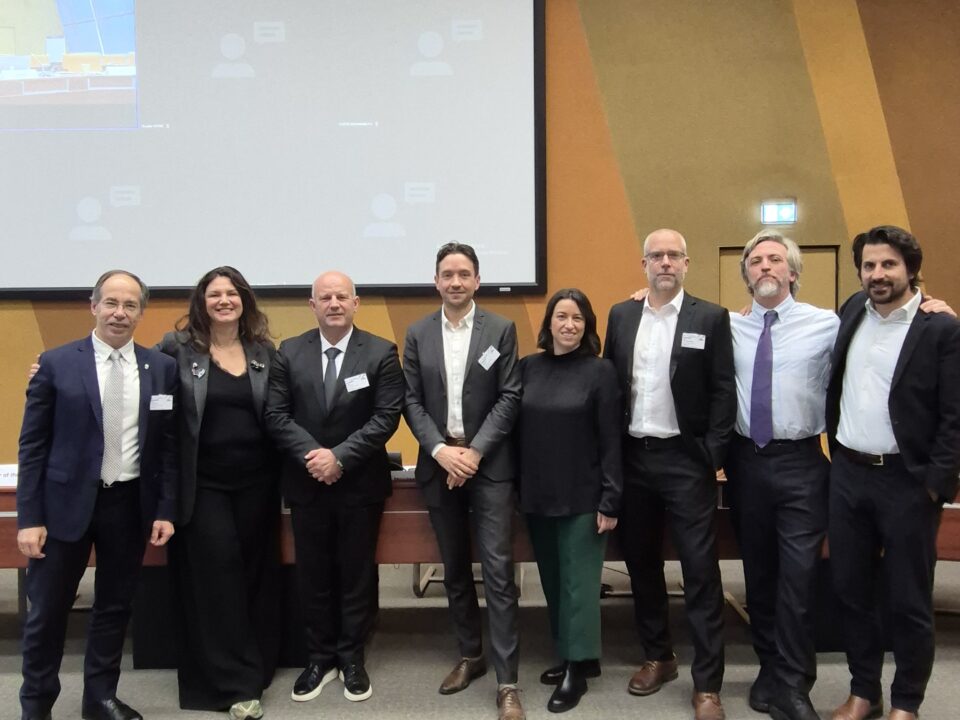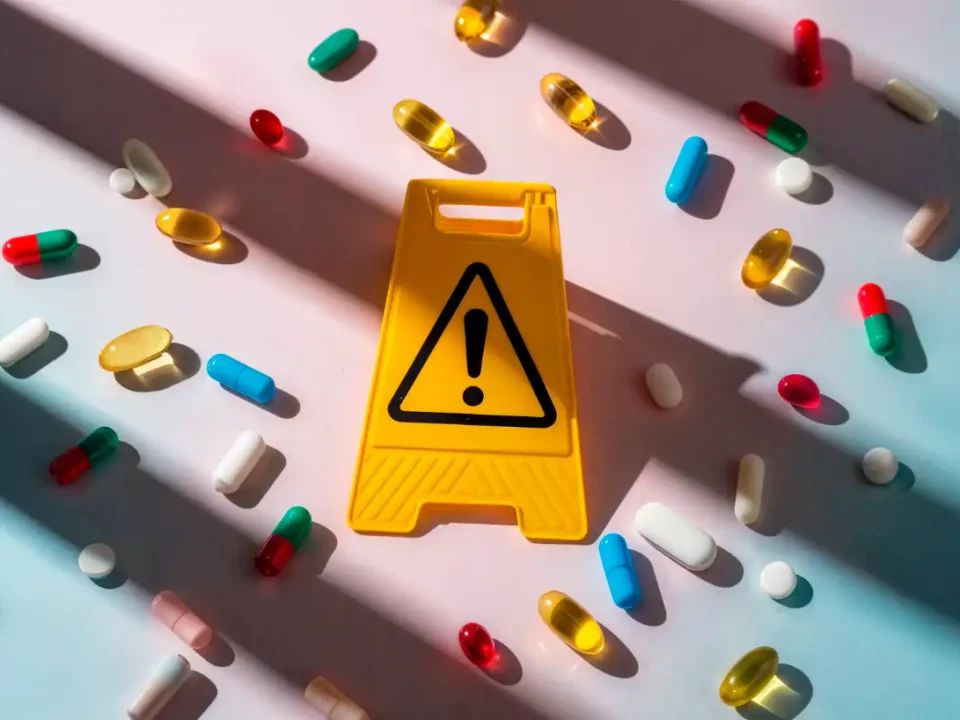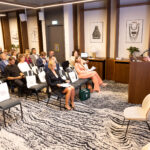
Lithuanian Anti-Doping Agency celebrates its 20th anniversary
2025-09-22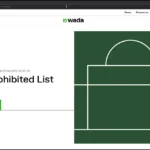
An updated List of Prohibited Substances and Methods will enter into force on 1 January 2026
2025-10-08The Lithuanian Anti-Doping Agency is launching a series of training courses for coaches of Vilnius sports schools working with young people. The training will focus on the prevention of psychoactive substances and doping, as well as first aid. The project, which aims to create a safe environment for young athletes, is run in partnership with Vilnius City Council and the "I Can Live" coalition.
The 5 training sessions will take place in September and October this year and will aim to provide trainers with practical knowledge and skills.
"Education has always been a core part of our Agency's work. This project is a perfect illustration of that. We want to share our knowledge about the harms and risks of doping with coaches in the capital. So that they can help to instil intolerance for dirty sport in athletes at a younger age", says Rūta Banytė, Head of the Lithuanian Anti-Doping Agency.
During the training, toxicologists Gabija Mikulevičienė and Haris Jakavičius will talk about adolescents and psychoactive substances in sport. They will explain how to identify adolescents at risk, how to communicate with them, and what the consequences of using such substances can be, not only for sports performance but also for athletes' health.
Dalia Motejūnaitė from the Lithuanian Anti-Doping Agency will discuss doping with the participants. D. Motejūnaitė will explain whether psychoactive substances are equivalent to banned substances, the rights and obligations of coaches and athletes, and the use of risky food supplements.
In the part of the training devoted to psychological nuances, psychological consultants Virginijus Varkalis and Antanas Grižas will share their experience. They will look into why adolescents use psychoactive substances, how to recognise behavioural changes and verbal cues. Coaches will learn where to refer young athletes experiencing emotional difficulties.
In the practical part of the project, emergency medicine doctor Valerija Balsė will conduct first aid training. Trainers will acquire practical skills on how to deal with fainting, seizures, various traumas or allergic reactions.

